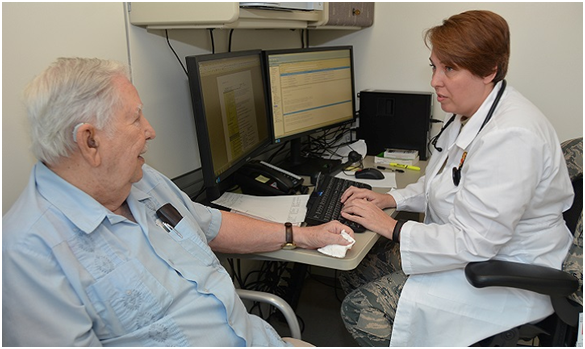Three in five GP partners say their practice has become more reliant on locums over the last year, a GPonline survey reveals. Around one out of six sessions are reportedly now filled by locums.

A recent BMA questionnaire has demonstrated that around 50% of GP practices have struggled to find locums.
The growth of locum positions
Just over a third (35%) of respondents said that the proportion of GP sessions taken by locums had increased significantly, while 24% said they had increased slightly. On average, the proportion of sessions filled by locums was 16%.
Among the 274 partners who participated, one in five said more than a quarter of practice sessions were filled by locums – with a few mentioning higher rates.
General Practitioners Committee (GPC) chair Dr Richard Vautrey said the findings provided more evidence of the recruitment and retention emergency facing general practice.
Dr Zoe Norris, GPC sessional subcommittee chair, said that it was not unknown to come across practices that were only staffed by locums. But she advised policymakers against seeing locums as a problem, encouraging them instead to acknowledge what a huge resource they are for the NHS. One GP said that relying on locums is disastrous for the general practices which go down this road: recruitment is poor and many locums don’t want to help with administration. He also said that it is a very costly and a short-term solution to the vast workforce shortage across the NHS.

GP partners becoming locums
In 2017 the number of GP partners fell by 708 – a 3.4% drop.
Former partners explained why they were driven to switch to locum work. ‘No one can do five days per week and stay sane’ said one. Others consider locum work the only way to work safely and sustainably.
No control over workload and no flexibility are the main reasons cited for GPs becoming locums. For more on GPs under stress, see
https://www.theguardian.com/society/2017/aug/08/gp-job-pressure-england-locum.
Many GP Locum Jobs are filled through agencies, such as http://www.thegplocumagency.co.uk/.
Workforce solutions needed
Dr Vautrey commented that the survey’s findings provide more evidence of the problems people face finding and keeping employment in general practice. This has an effect on continuity of care. It is now vitally important to invest in general practice, and tackle the factors that deter doctors from joining practices.
